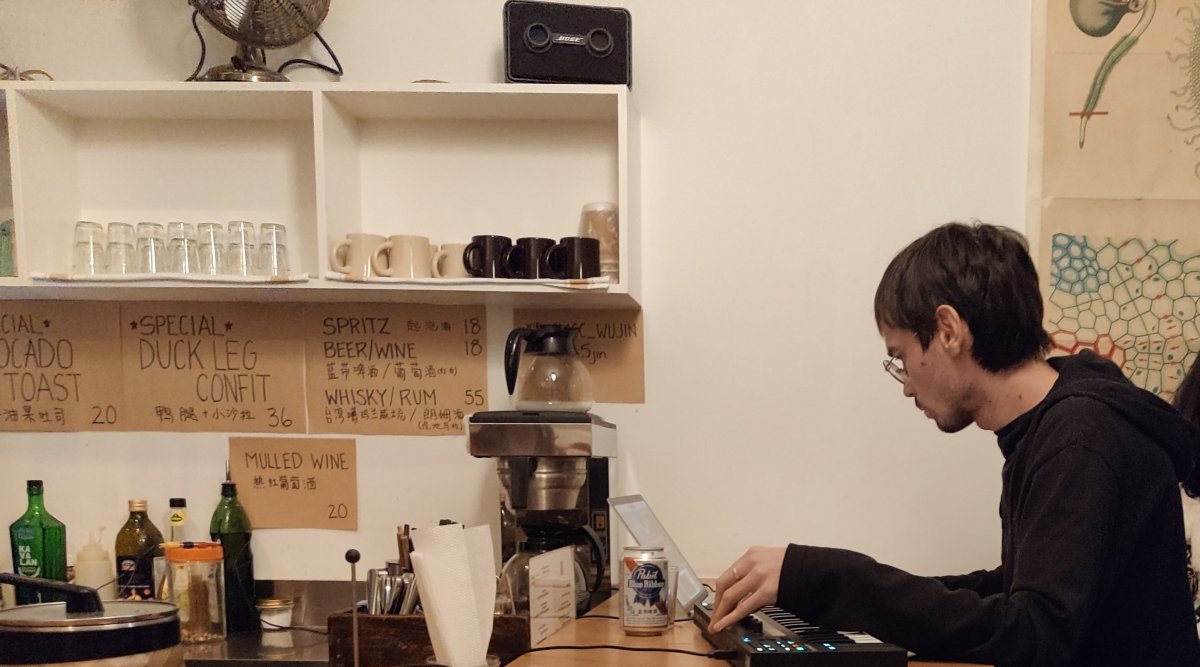Songs of a City: Edward Grey and the Musicalization of Beijing's Familiar Sounds
What does a city sound like? If that city is Beijing, it might be the music of Edward Grey. Weaved together from a library of his own personal recordings, the songs are hardly recognizable as the clattering of urban noise, but to him they are the auditory equivalent of a panorama shot of the city’s streets, parks, and other busy places.
Some might call this project experimental, and rightly so. A lot of it follows in the shoes of some of the earliest musique concrète sound technicians, who relied on blending sounds that were otherwise not considered musical with out-there processing techniques, audio effects, and manipulation. However, Grey would make the distinction that it is not experimentation for the sake of itself, but, crucially, an experiment with a tangible idea behind it.
Memories and voices
“How do you collect your memories?” Grey muses. “Most of the time, you take pictures. But if you have sound recordings, years later you can just put on your headphones and close your eyes, and you are there in the moment.” It was this line of thought that led Grey to start carrying around a recording device wherever he traveled. When he moved to China, he began to develop the idea that he might create a sort of sound collage of the country’s soundscape, but soon enough he found himself merging the project with his musical aspirations. As he tells the Beijinger, sounds are fine for triggering memories, but music can sculpt new images in the mind.

The sounds he uses might be as simple as the rustling of leaves or as distinct as a drumming circle. One sound that is essential to his music is the human voice, though you might not always recognize it post-manipulation. What matters, however, is that it comes from a natural source. “Pure electronic music just sounds too artificial,” he says. “If you are in the club playing dance music, it’s totally fine because it’s repetitive. But for music music, it just sounds unnatural.”
Of particular interest are the voices and sounds that are unique to China, like large groups of people singing in public parks. "These songs wouldn’t necessarily be my first preference of music, but it’s a pretty amazing thing to see 50 people all singing together, and then to see people just walking by and joining them."
For his next steps, Grey is considering incorporating his own voice into his compositions, whether it be lyrics (he used to write and do vocals for a ragtag band as a youth in his native Russia) or simply using the voice as another instrument. But to really add another dimension, he plans to experiment with performative elements. To put together a composition on a computer is, from the composer’s perspective, not uninteresting, but Grey concedes that playing his music does not provide much of a live visual element other than watching him twist a few knobs on a machine, and because of this he has been toying with the idea of combining sound with movement.
For now, that does not mean giving up electronic music, which he views as a powerful means to shape sound. "Electronic music can be intellectual now," he insists, "and your laptop is your tool for that."
Images: Edward Grey, Joey Knotts



